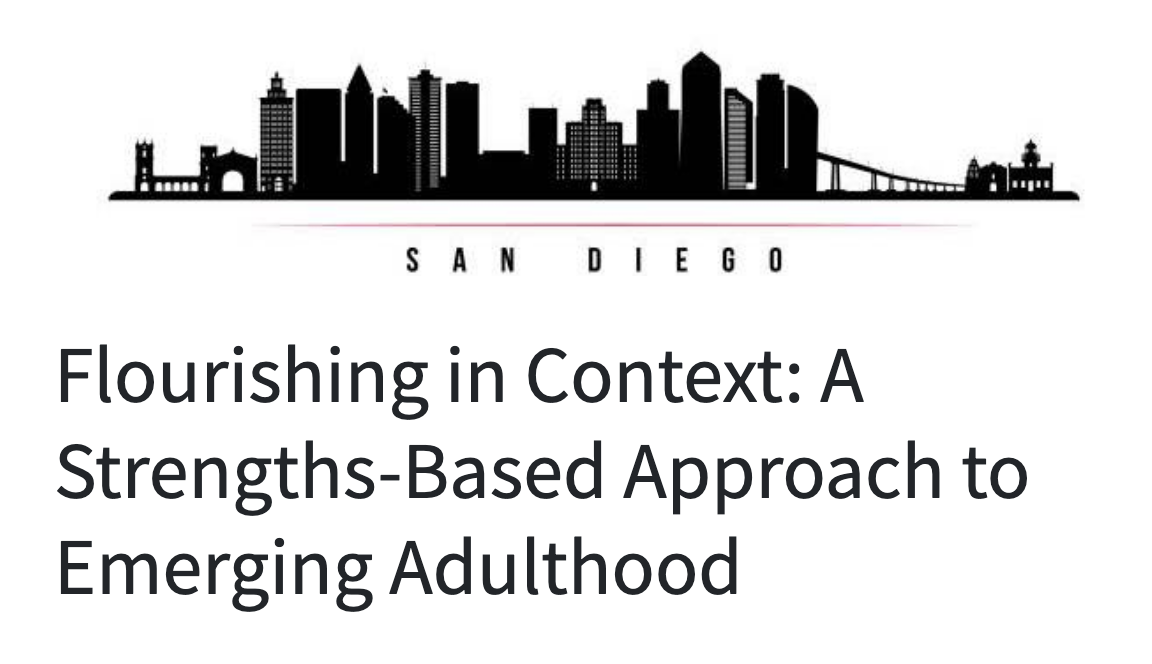Teens Talking to Doctors

About our work . . .
My current work focuses on adolescents’ decisions to share information with doctors and parents about their health conditions and practices. I am particularly interested in the willingness of youth with chronic pain conditions to adhere to doctors’ medical advice about lifestyle changes.
Almost everyone has experienced acute pain, such as a scrape or burn. Although noxious, pain resulting from tissue injury is a healthy response that protects us from harm. In contrast, chronic pain is ongoing and lasts well beyond the original injury. Chronic pain is usually a neurological dysfunction. Pain itself becomes the disease.
Approximately 5% of US adolescents live with life-changing chronic pain (Groenewald, Wright et al. 2015). The natural response to acute pain is withdrawal, giving the body time and resources to heal. When pain is chronic, however, such withdrawal results in a negative cycle of muscle weakness (deconditioning) and social withdrawal. In addition, the backload of unmet commitments resulting from prolonged withdrawal often leads to anxiety, furthering the downward spiral. Catastrophizing – the anticipation of a cascade of negative events– contributes to the pain-withdrawal-deconditioning-depression-withdrawal cycle.
The gold standard for treatment of chronic pain includes pain education, stress reduction, dietary changes, exercise, return to functioning despite pain, and acute and preventive pharmaceutical treatment (Malladi 2015). Although treatments are prescribed by health professionals, parents and adolescents jointly manage treatment.
Although there is medical consensus that lifestyle changes are the most effective treatment for chronic pain, adherence is low. The goal of our work is to better understand individual differences in adolescents’ decisions to follow doctors’ orders (treatment adherence) and their willingness to share information with parents and doctors rather than lie.
This work grows out of my previous research on adolescents’ beliefs about the legitimacy of authority and their own obligation to obey, on parental monitoring and knowledge, and on adolescent disclosure and obedience. More personally, it results from my youngest son’s experience with severe chronic pain. The first thing that struck me when he entered pain was rehabilitation was that all the things that the doctors and psychologists were recommending topped the list of what adolescents in my research on disclosure thought it was fine to lie to parents about.

Are Social Cognitive Domains “Real”? Heterogeneity In Issue Classification at the Group and Individual Level
Nancy Darling, Xuehan Luo, Sophia Carter, Nam Nguyen
Darling, N., Luo, X., Carter, S., & Nguyen, N. (June, 2025). Are Social Cognitive Domains “Real”? Heterogeneity In Issue Classification at the Group and Individual Level Society for the Study of Emerging Adulthood, Charleston, SC.

Age Related Change in Adolescents’ Beliefs Adherence to Medical Lifestyle Changes and Lying to Parents & Doctors
Nancy Darling, Sophia Carter, Bridget Duquette, Dante Holland, Xuehan Luo, Nam Nguyen
Darling, N., Carter, S., Duquette, B., Holland, D., Luo, X., & Nguyen, N. (April, 2024). Age Related Change in Adolescents’ Beliefs About Adherence to Medical Lifestyle Changes and Lying to Parents & Doctors. Society for Research in Adolescence Biennial Meeting, Chicago, IL.
Following Doctors’ Orders: Beliefs About The Legitimacy of Parents’ and Doctors’ Pain Rehabilitative Directives, Adherence, & Willingness to Lie
Nancy Darling, Yan Lou, Olivia Goldstein & Julia Blotner
Darling, Nancy , Lou, Yan, Goldstein, Olivia, & Blotner, Julia (June, 2023). Following Doctors’ Orders: Beliefs About The Legitimacy of Parents’ and Doctors’ Pain Rehabilitation Directives. Poster presented at the Society for the Study of Emerging Adulthood, San Diego, CA.
Poster
You might be interested in a lecture I gave on chronic pain to an audience of older individuals, many of whom lived with chronic pain.
Darling, N. & Mendicino, L.* (November, 2020). Following Doctors’ Orders: Legitimacy of Authority & Adolescent Adherence. International Pain Foundation 2020. Virtual Meeting.

